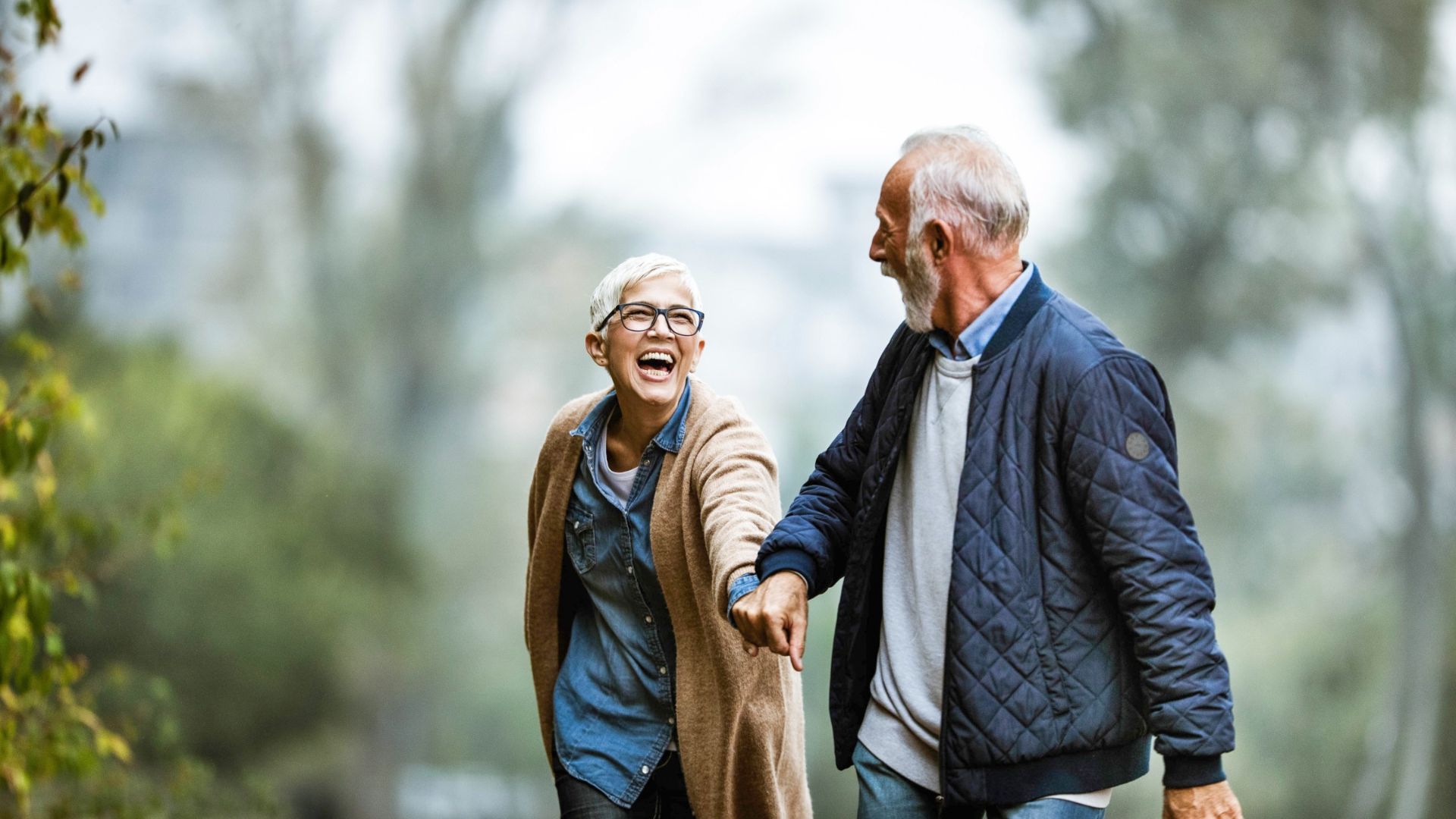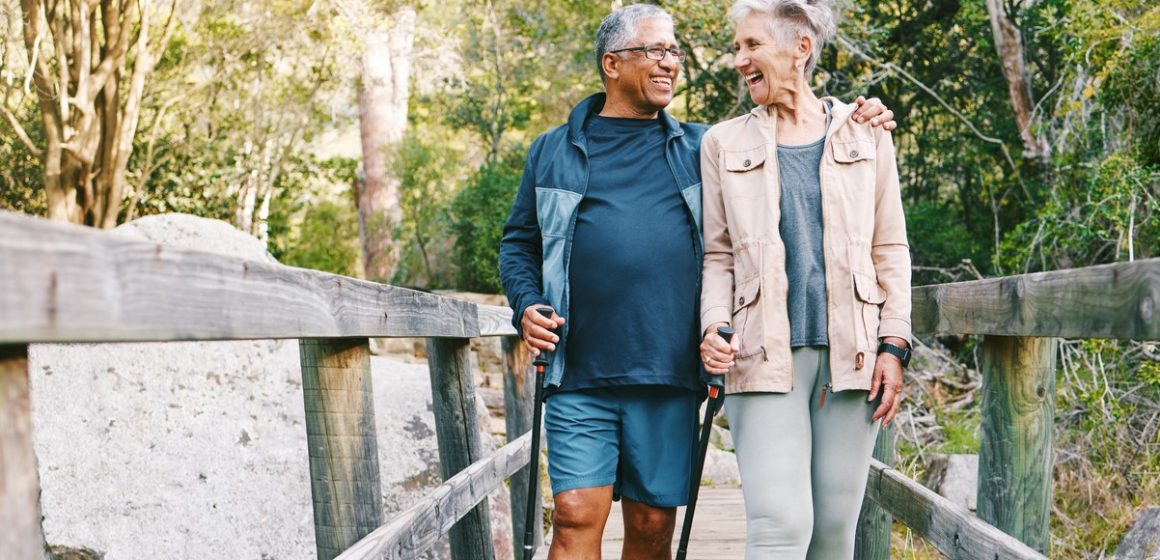Recreation is more than just a way to pass time—it is an essential part of a healthy, balanced life. Whether it’s outdoor sports, creative hobbies, or community activities, recreational pursuits provide physical, mental, and social benefits that enrich our daily experiences. In a fast-paced, technology-driven world, carving out time for recreation is critical to maintaining wellness, building social connections, and enhancing overall life satisfaction.
This article explores the multifaceted role of recreation in society, its benefits for individuals, and how communities and organizations are leveraging recreational activities to improve quality of life.
Understanding Recreation
Recreation can be broadly defined as activities that people engage in for enjoyment, relaxation, or personal development during their leisure time. These activities can be passive, such as reading, watching films, or birdwatching, or active, like playing sports, hiking, or dancing.
The concept of recreation extends beyond individual enjoyment—it includes social, cultural, and environmental dimensions. Community recreation programs, organized sports leagues, and cultural festivals provide opportunities for engagement, fostering a sense of belonging and shared identity.
Physical Health Benefits
One of the most tangible benefits of recreation is improved physical health. Active recreational pursuits enhance cardiovascular health, strengthen muscles and bones, and improve flexibility and coordination.
-
Sports and Fitness Activities: Playing soccer, swimming, or participating in aerobics classes promotes endurance, agility, and strength.
-
Outdoor Activities: Hiking, cycling, and running in natural settings encourage movement while reducing stress levels.
-
Adventure Recreation: Rock climbing, kayaking, and skiing offer both physical challenge and excitement, boosting fitness while fostering resilience.
Regular recreational activity also reduces the risk of chronic illnesses such as obesity, diabetes, and heart disease. According to the World Health Organization, adults should engage in at least 150 minutes of moderate-intensity physical activity per week, and recreational pursuits are an enjoyable way to meet this target.
Mental Health and Cognitive Benefits
Recreation is not just about physical health—it has profound effects on mental well-being. Leisure activities provide a break from work and daily stressors, promoting relaxation and rejuvenation.
-
Stress Reduction: Activities like yoga, meditation, and nature walks lower cortisol levels and improve mood.
-
Cognitive Development: Hobbies such as puzzles, chess, or creative writing stimulate critical thinking and problem-solving skills.
-
Emotional Balance: Engaging in enjoyable activities enhances emotional regulation, reduces anxiety, and fosters a positive outlook on life.
Recreational engagement has also been linked to improved sleep quality, better memory, and increased focus, making it essential for mental clarity and productivity.
Social Benefits of Recreation
Recreation strengthens social bonds and builds community. Participating in team sports, clubs, or community events allows individuals to connect, share experiences, and develop communication and leadership skills.
-
Team Sports: Playing basketball, soccer, or volleyball encourages teamwork, cooperation, and healthy competition.
-
Community Programs: Local classes, art workshops, and recreational leagues bring together people of all ages, fostering inclusivity and diversity.
-
Cultural Activities: Festivals, music events, and theater performances provide opportunities for shared experiences and cultural appreciation.
Social engagement through recreation can combat loneliness, improve self-esteem, and provide a sense of belonging—a critical aspect of overall well-being.

Recreation and Lifelong Learning
Recreation also supports lifelong learning. Hobbies and skill-based activities stimulate curiosity, creativity, and personal growth.
-
Arts and Crafts: Painting, pottery, or music lessons foster creativity and self-expression.
-
Outdoor Exploration: Learning about local ecosystems, wildlife, or geography enhances environmental awareness.
-
Skill Development: Recreational activities like cooking, coding, or photography allow individuals to acquire new skills and build confidence.
This approach to learning emphasizes enjoyment and personal fulfillment, making knowledge acquisition a natural and engaging process.
The Economic Impact of Recreation
Recreation is not only beneficial to individuals but also contributes significantly to the economy. Tourism, sports, and cultural activities create jobs, stimulate local businesses, and attract investment.
-
Tourism and Adventure Sports: Hiking trails, ski resorts, and water parks attract tourists, boosting local revenue.
-
Cultural Events: Music festivals, theater productions, and art exhibitions generate income for venues, performers, and surrounding businesses.
-
Recreational Facilities: Gyms, community centers, and public parks create employment and promote local commerce.
Investing in recreational infrastructure has a multiplier effect, improving both economic stability and quality of life within communities.
Recreation and Environmental Awareness
Outdoor recreational activities foster a connection with nature, promoting environmental stewardship. Hikers, campers, and wildlife enthusiasts often develop a deeper appreciation for ecosystems, leading to advocacy for conservation and sustainability.
-
Eco-tourism: Combines recreation with environmental education, encouraging responsible travel practices.
-
Community Gardening and Urban Parks: Provide recreational space while promoting sustainable practices and local biodiversity.
-
Conservation Activities: Volunteer programs for trail maintenance, wildlife monitoring, or tree planting combine recreation with environmental impact.
By linking recreation with environmental awareness, communities can foster sustainable practices that protect natural resources for future generations.
Technology and Recreation
Technology has transformed how people engage in recreational activities. Digital tools expand opportunities for both physical and virtual recreation:
-
Fitness Apps and Wearables: Track activity, encourage progress, and create social competition.
-
Virtual Recreation: Online gaming, virtual reality experiences, and interactive platforms provide immersive leisure options.
-
Community Engagement: Social media and online forums connect hobbyists, facilitating collaboration and knowledge-sharing.
While technology can sometimes contribute to sedentary lifestyles, its strategic use can enhance recreation, making it accessible and interactive.
Challenges in Promoting Recreation
Despite its benefits, recreation faces several challenges:
-
Accessibility: Not all communities have equal access to recreational facilities or safe outdoor spaces.
-
Time Constraints: Busy work schedules and family responsibilities limit opportunities for leisure activities.
-
Economic Barriers: High costs for certain recreational activities or equipment can restrict participation.
-
Cultural Barriers: Some recreational activities may not be culturally inclusive, limiting engagement for diverse populations.
Addressing these barriers requires inclusive policies, investment in public facilities, and community awareness programs.
Promoting Recreation for a Healthier Society
Governments, organizations, and communities play a crucial role in promoting recreation:
-
Public Parks and Sports Facilities: Providing safe, accessible spaces encourages active lifestyles.
-
Community Programs: Affordable classes, workshops, and leagues increase participation across all age groups.
-
Corporate Wellness Programs: Encouraging employees to engage in recreational activities enhances productivity and well-being.
-
Education Initiatives: Teaching the value of recreation in schools instills lifelong healthy habits.
By prioritizing recreation, societies can improve public health, foster social cohesion, and enhance overall life satisfaction.

Conclusion
Recreation is a vital component of a healthy, balanced life. It nurtures the body, mind, and social connections while contributing to economic growth and environmental awareness. From active sports and outdoor adventures to cultural events and creative hobbies, recreation enriches individuals and communities alike.
In a world where stress and sedentary lifestyles are prevalent, making time for leisure and recreational activities is no longer optional—it is essential. By investing in recreational infrastructure, promoting inclusive programs, and encouraging personal engagement, societies can ensure that recreation remains a cornerstone of well-being, resilience, and quality of life for generations to come.


Leave a Reply